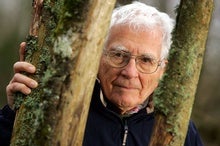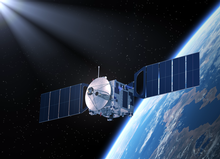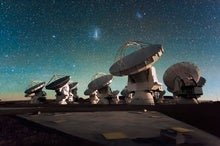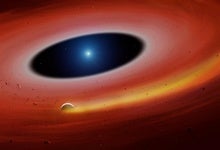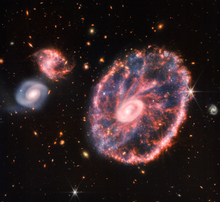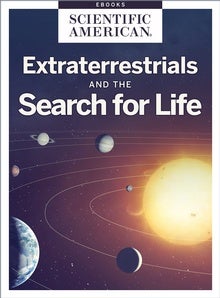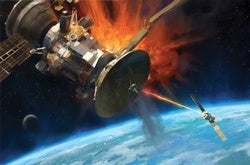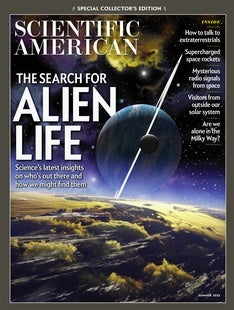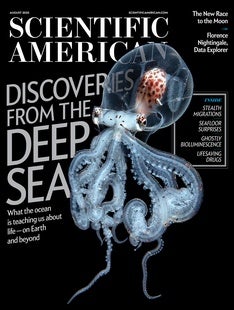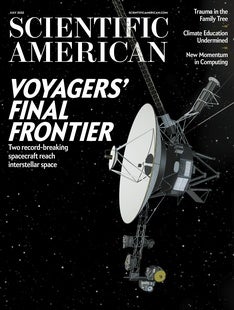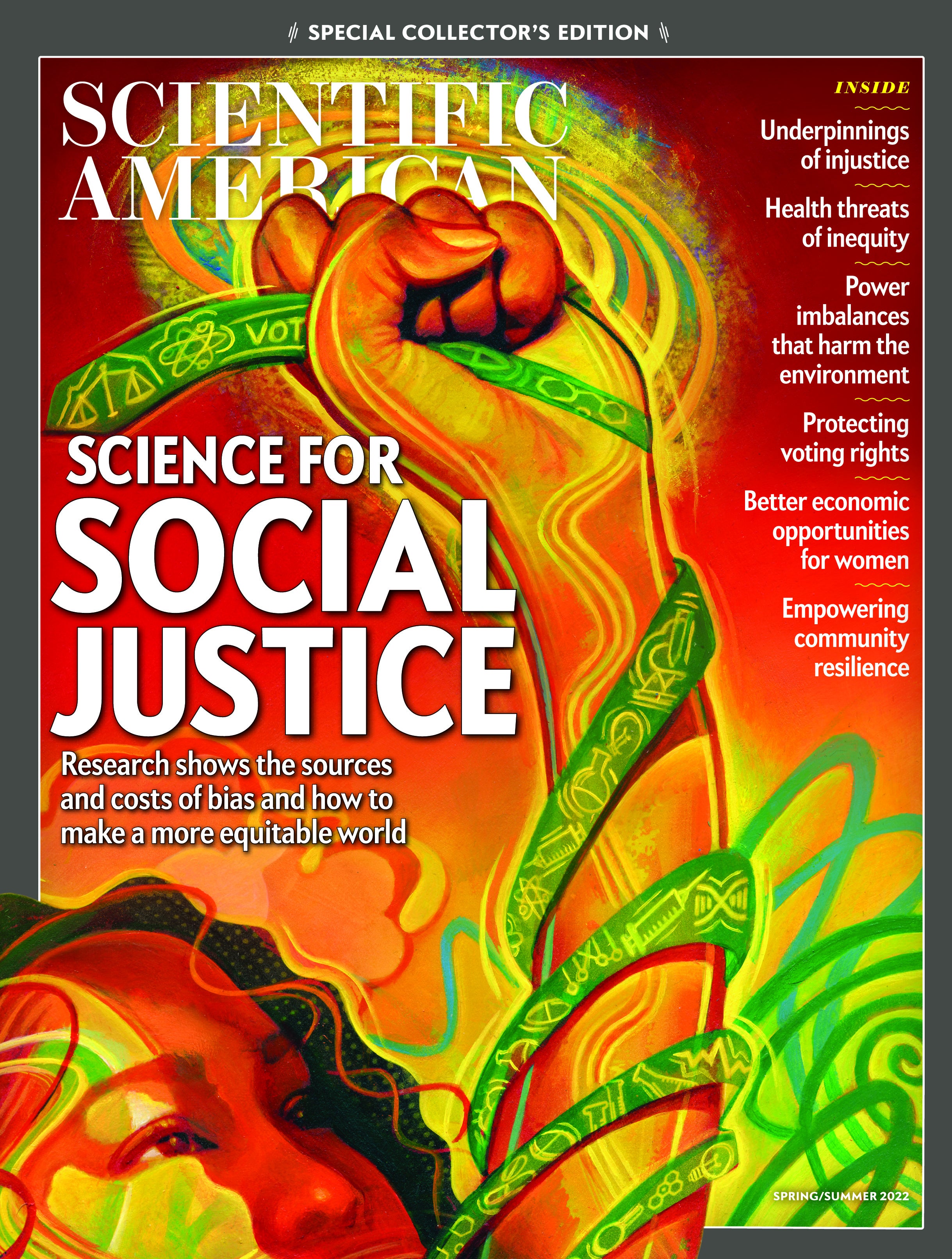 |
| August 11, 2022 |
Dear Reader,
This week, our top story is a thought-provoking interview with science historian Rebecca Charbonneau about cultural biases that may affect humankind's search for extraterrestrial intelligence (SETI). SETI, Charbonneau says, is not only about looking outward for signs of cosmic civilizations, but also looking inward to better understand how our own preconceptions can shape our perceptions of whatever we ultimately find. Elsewhere, we have stories about the late "Gaia hypothesis" scientist Jim Lovelock, newfound planet-forming disks around stars, the urgent need to protect non-military satellites, and more. Enjoy! |
| |
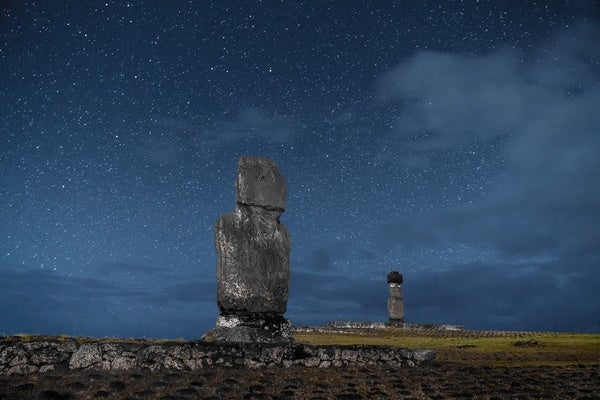 |
| |
| |
| |
| |
| |
| |
FROM THE STORE
 | | Extraterrestrials and the Search for Life Do aliens exist? The enduring mystery of whether we're alone in the universe is a question that continues to drive scientific study into groundbreaking directions. This collection examines the latest thinking in the search for life, from discussing why we haven't found evidence of aliens so far to determining where and how to conduct the search to opening up the possibilities for what otherworldly life could truly look like. |  | | |
| |
FROM THE ARCHIVE
 | | | |
LATEST ISSUES
 |
| |
| Questions? Comments?  | |
| Download the Scientific American App |
| |
| |



